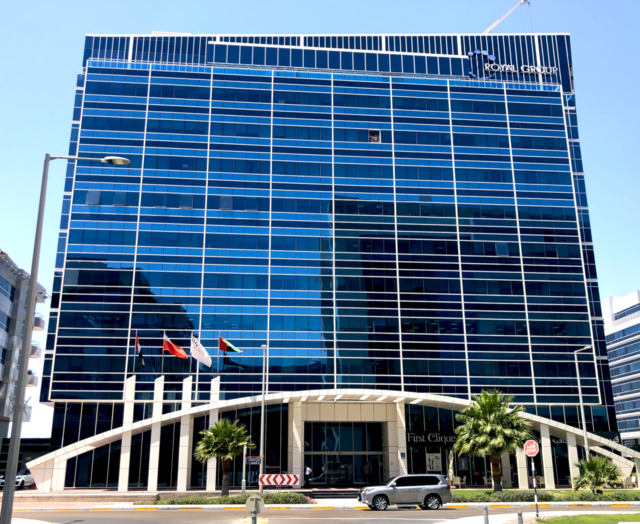
Setting up a business in the UAE can be an exciting venture, but understanding the various business structures available is essential. As a new entrepreneur, one of the key decisions you’ll face is whether to set up a mainland companyor a freezone company. Both options have unique benefits and regulations, and choosing the right one will depend on your business model, ownership preferences, and target market.
In this blog post, we’ll explore the differences between mainland and freezone companies in the UAE, helping you make an informed decision on how to get a mainland company license or a freezone company license in UAE.
Mainland Company
A mainland company is a business established and regulated by the UAE government. Mainland companies can operate anywhere within the UAE, including trading directly with the local market. Let’s break down the key features:
Ownership
Historically, mainland companies required a local sponsor to hold at least 51% ownership. However, due to recent changes in the commercial company law, several business activities now allow for 100% foreign ownership. This makes mainland companies a more attractive option for foreign investors who want full control over their businesses in the UAE.
Business Scope
Mainland companies have the flexibility to trade directly with the local market in the UAE and can engage in government contracts. If your business is targeting the UAE’s large local market or working with government entities, a mainland company is ideal.
Office Space
Establishing a mainland company requires securing physical office space in the UAE. This is a mandatory requirement to ensure the legitimacy of your business and to comply with government regulations.
Activities
Mainland companies can engage in a wide range of business activities, making them highly versatile compared to freezone companies. Whether you’re in retail, manufacturing, or other industries, the flexibility of a mainland company structure is beneficial for businesses looking to explore diverse markets.
Freezone Company
Freezone companies are established within designated economic zones designed to foster specific industries and cater to international business needs. These zones offer various tax incentives and simplified processes for setting up businesses.
Ownership
One of the primary advantages of a freezone company is that it allows 100% foreign ownership. This is particularly appealing for entrepreneurs and investors who wish to retain complete control over their business without the need for a local sponsor.
Business Scope
Although freezone companies enjoy tax exemptions and other economic incentives, they are typically restricted to trading within their specific freezone or internationally. This means that if you want to engage with the UAE local market, you would typically need to partner with a local distributor or establish a mainland company.
Office Space
Freezone companies benefit from flexible office space options, including shared offices, serviced offices, or virtual office solutions. This makes them a great option for startups or small businesses looking to keep initial costs low while enjoying the benefits of a formal business presence in the UAE.
Activities
Freezones cater to specific industries such as media, technology, logistics, and finance. These zones are designed to provide the infrastructure and support needed for businesses in particular sectors, making them ideal for companies looking to focus on a niche industry. However, the range of activities you can pursue is often limited by the specific regulations of the freezone you choose.
Choosing Between Mainland and Freezone Company
Deciding whether to establish a mainland company or a freezone company depends on a variety of factors. Here are some key considerations to help you decide which option is best for your business:
- Market Target: If your business will primarily serve the UAE local market, a mainland company might be more suitable. Mainland companies can trade freely within the UAE and access government contracts.
- Foreign Ownership: If you want to maintain 100% ownership of your company, a freezone company is the best choice. Freezone structures are particularly attractive for entrepreneurs who do not want a local sponsor.
- Industry Specifics: Certain industries benefit from being established in a particular freezone, especially if those zones provide specialized infrastructure, services, and regulatory support tailored to specific industries.
- Budget: Starting a business in a freezone can often be more cost-effective, as the flexible office space options and tax exemptions can significantly lower startup costs compared to mainland setups.







